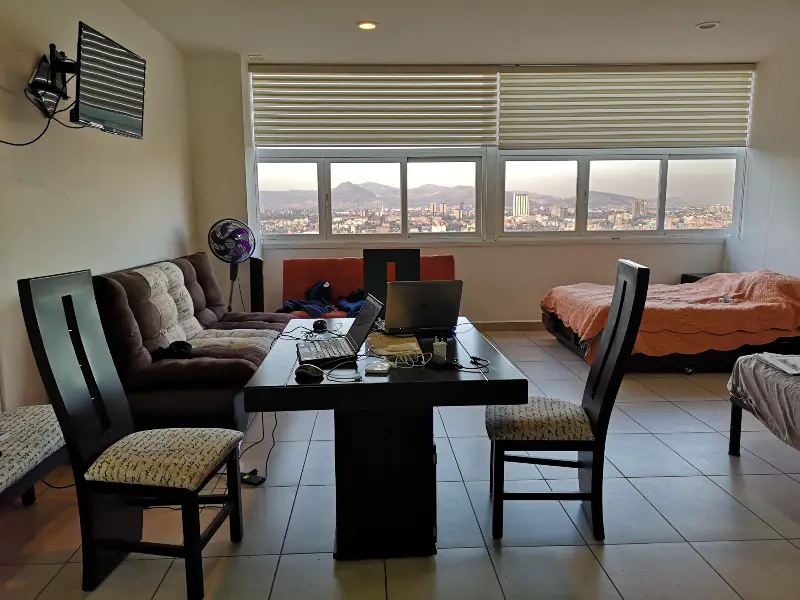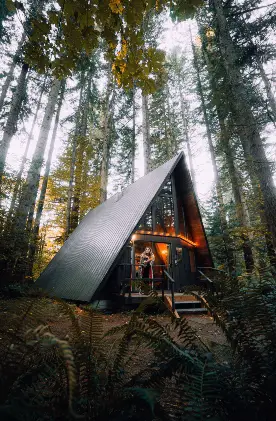Renting a house can be an exciting and important step in life, whether you’re looking for your first home or making a change to better suit your needs. But renting isn’t just as simple as signing a lease — there are many factors that should be considered to ensure the best outcome both for yourself and the people who will rent to you. In this article, we’ll discuss some of the key points to remember when renting a house.
Research the Neighborhood
When searching for a new place to call home, it’s necessary to do your due diligence. Before asking for a quote from home rentals you are interested in, consider researching the neighborhood to get an idea of what it has to offer. Check for ratings on rental sites and see what other people have to say about the area. You will be able to get a better sense of what amenities are nearby, what the community is like, and what kind of people you might be living around. Of course, don’t forget to check the overall safety of the area, including crime rate and local laws so you know what you’re getting yourself into.
Find Out What Amenities the House Provides
Are you in the market for a new rental home? First, figure out what amenities you are looking for. Do you want a house that has a pool, or maybe one with a large backyard? Or perhaps it’s important to you to have an updated kitchen or certain appliances included in the rental agreement. These are all things that should be considered before signing any paperwork. On top of that, take note of any extra fees you may be expected to pay, including pet deposits. It’s always a good idea to ask about the provided amenities before signing any lease documents. It’s frustrating to move into a new home to realize you’ll have to go through the hassle of buying new appliances yourself if you’re expecting to have a furnished home already.
Consider the Cost of Utilities
While some landlords may include the cost of utilities in your monthly rent, others may leave you responsible for these expenses on your own. It might seem like a small detail, but the cost of utilities can significantly impact your overall budget and financial well-being. Before signing a rental agreement, make sure to carefully review your lease agreement and communicate with your landlord to fully understand what expenses you will be responsible for before signing on the dotted line.
Ask About Safety Features
Safety should be your top priority when looking for a new home. From sturdy locks to advanced security systems, there are a variety of ways to protect your property and valuables. Depending on your specific needs, you may opt for deadbolts, keyless entry systems, or even motion detectors. With the right safety features in place, you can rest easy knowing that your space is secure and protected. Don’t hesitate to ask about the different options available and find the ones that work best for your new rented space.
Verify if There are Any Pet-Friendly Policies
As a pet owner, finding a place to rent can often be a challenge. But worry not, with a little bit of research, you can find out if there are any pet-friendly policies for the rental property you have your eye on.
Many rental agencies and property managers now allow pets, as long as they follow a set of rules. These rules may include things like a limit on the number of pets or a weight limit for dogs. Note that there may be an additional fee for having a pet, but for many pet owners, the peace of mind of knowing that their furry friend is welcome makes it all worth it. If you’re on the hunt for a new rental property, take some time to investigate whether there are any pet friendly policies in place before making the big move.
Learn About Local Parking Restrictions and Other Regulations
Renting a house can be a fantastic experience, providing the freedom and sense of independence that comes with having your own space. Still, an important aspect of the renting process that sometimes goes overlooked is understanding local parking restrictions and regulations.
Many cities and neighborhoods have specific rules in place governing where tenants can and cannot park, how long cars can remain parked in certain areas, and whether or not permits are required when parking on the street. Familiarizing yourself with these restrictions ahead of time can prevent frustrating parking tickets or unwanted fines, and can make the rental process that much smoother overall.

Renting a house is one of the most exciting things you’ll ever do — but it can also come with its own set of challenges. Taking the time to consider all of the important points outlined above can make sure that you get the best possible experience from your new rental home. Take the time to cover all your bases early on to minimize any surprises further down the line!























